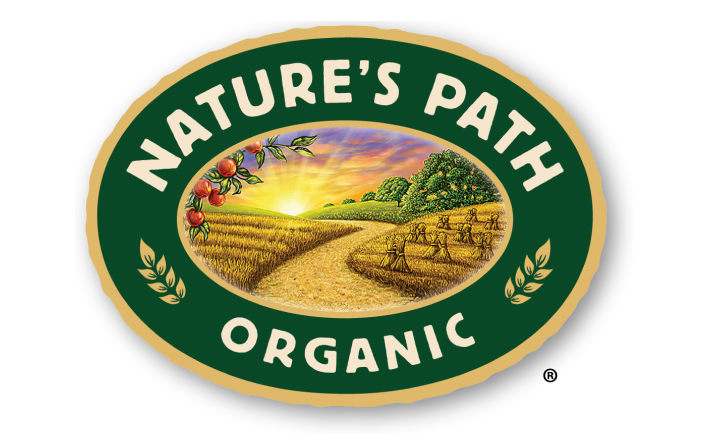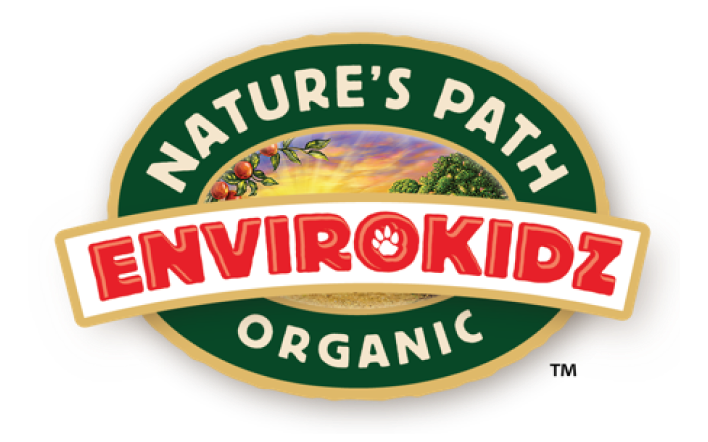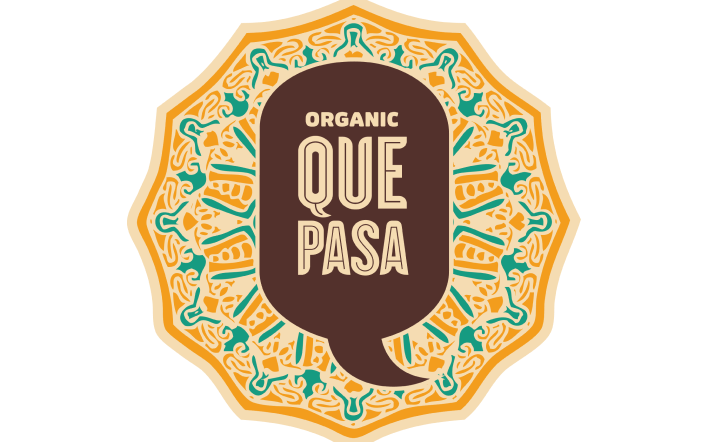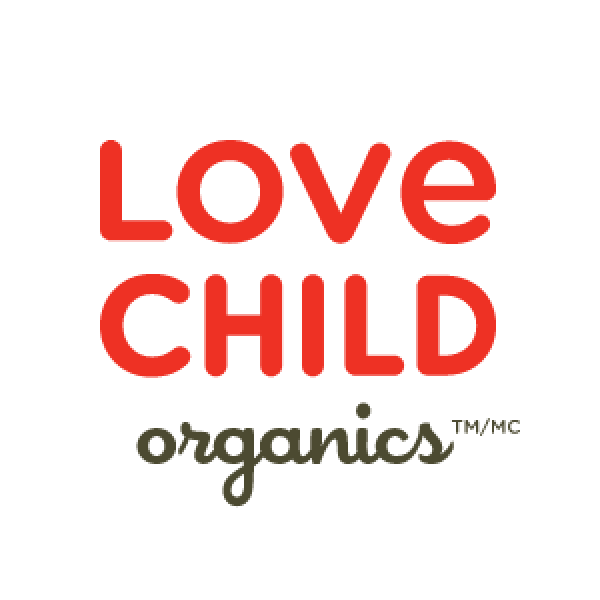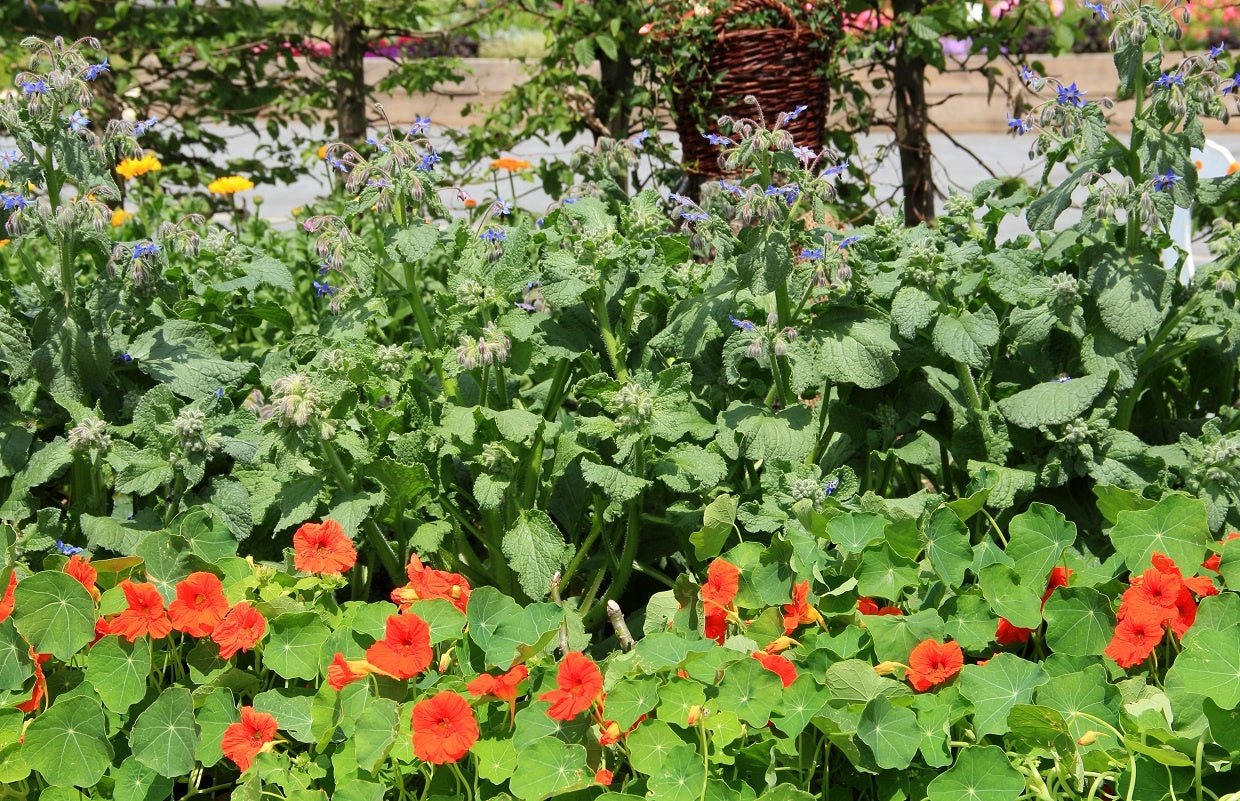
How to Start Companion Planting
Certain plants thrive when planted in combination with others in the garden. They boost growth, repel pests, and improve flavor for each other. Aside from the benefits to your plants, companion planting uses your garden space more efficiently, letting you harvest more. The diversity that companion planting provides is also good for pollinators, wildlife, and soil health.
n
Tags:
Certain plants thrive when planted in combination with others in the garden. They boost growth, repel pests, and improve flavor for each other. Aside from the benefits to your plants, companion planting uses your garden space more efficiently, letting you harvest more. The diversity that companion planting provides is also good for pollinators, wildlife, and soil health.
As companion plants are beneficial for each other, there are also plant combinations that are detrimental when planted closely:
Plant compatibility
In a natural ecosystem, plants grow together because they are compatible. They attract beneficial insects and pollinators, deter unwanted pests, and offer shelter and food for other critters. The plants provide each other things they need, be that nutrients, shade, or physical support. Companion planting in the home garden is an imitation of those symbiotic relationships. The best known in the wild and the garden are the Three Sisters – corn, beans, and squash. In this ancient planting system, the corn gives support to the pole beans, which feed much needed nitrogen to the corn and squash. The leaves of the squash act as mulch to keep the ground cool, suppress weeds, and conserve moisture.A few companion planting combinations
Basil
Protect your tomatoes from hornworms with a liberal planting of basil. Peppers benefit from nearby basil and tomatoes, too. The ingredients for spaghetti sauce are compatible in the garden as well as in the kitchen!Marigolds
The strong aroma of Marigolds deters cabbage moths, as well as Mexican Bean Beetles, which can decimate a bean crop quickly. The scent also keeps mammals, such as rabbits, away from your garden.Nasturtiums
These are a good companion plant for broccoli, cabbage, and other members of the brassica family. Cabbage loopers are very destructive to these crops. When cabbage moths lay their eggs on the leaves, a caterpillar hatches and eats its way to adulthood, destroying your plants. If there are nasturtiums nearby, they will lay their eggs on their leaves instead, sparing your garden.Dill
When planted with brassicas, Dill attracts a beneficial wasp that keeps cabbage loopers in check.Corn
Tall plants, such as corn, will provide shade for leafy greens that do not need full sun and grow better in a cool environment.Borage
A herb (with edible flowers!), borage will attract pollinators to your garden to boost your harvest.- Onion family plants will stunt the growth of beans and peas.
- Carrots and parsley should not be planted near each other. If you give them some room, however, they will attract ladybugs, praying mantises, and other beneficial insects that dine on destructive pests like aphids.
Here is a detailed list of companion plants.
Crop rotation
Another example of plants benefitting each other is crop rotation. You should not grow the same family of plants in the same place every year. Pests and disease could be living in the soil, but without the host present, they will die off. Rotating where you plant your crops every year reducing the risk of disease and insect infestations. Just as important are the nutrients left behind in the soil at the end of the year. Certain crops can take advantage of them the following year. For instance, legumes fix nitrogen, meaning they take it from the air, and bring it down into the soil. Crops that have high nitrogen requirements, such as leafy greens, broccoli, or squash, are best planted where beans or peas were the previous year. Nutrients are also removed from the soil, and can be replenished with next year’s planting. You will have a healthier and more diverse garden when you rotate your crops every season to balance out nutrient use. With companion planting and crop rotation, you are letting the plants take care of each other. That means better production for you, and probably a little more leisure time, too!Would you like to be the first to hear about our new products and more? Sign up for our Nature’s Path Newsletter.


